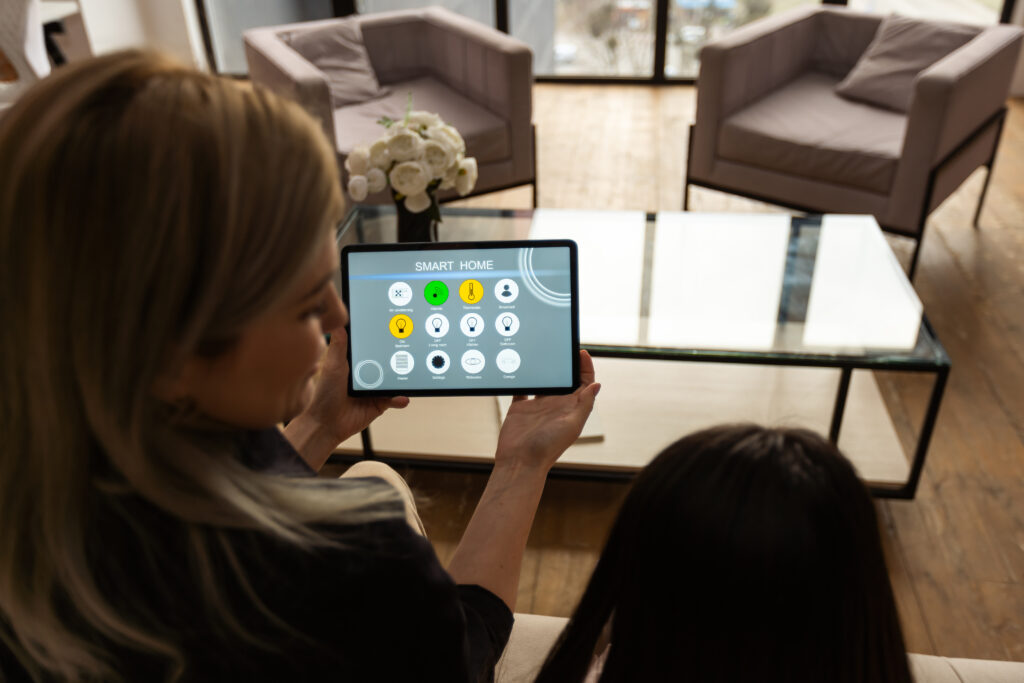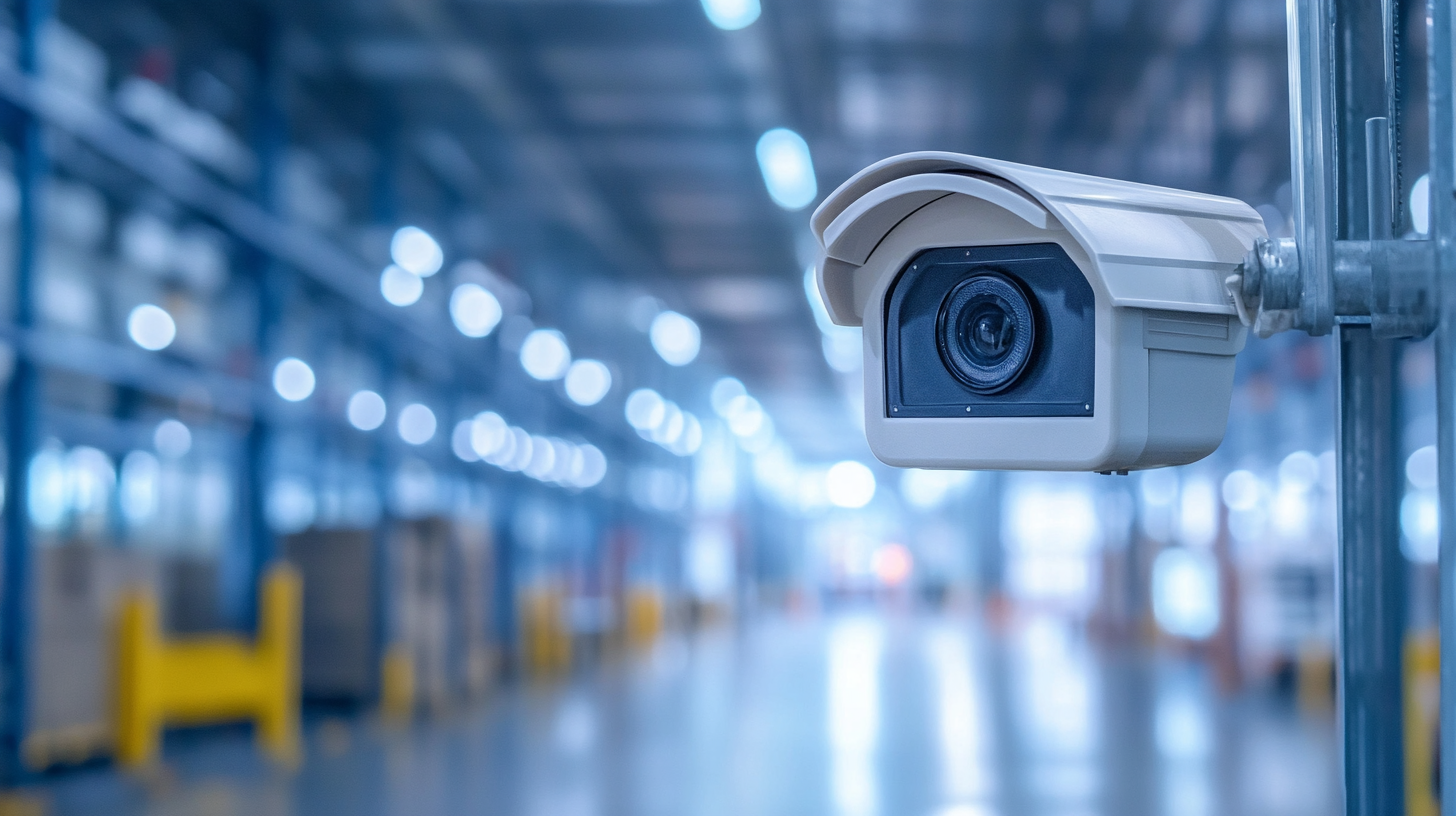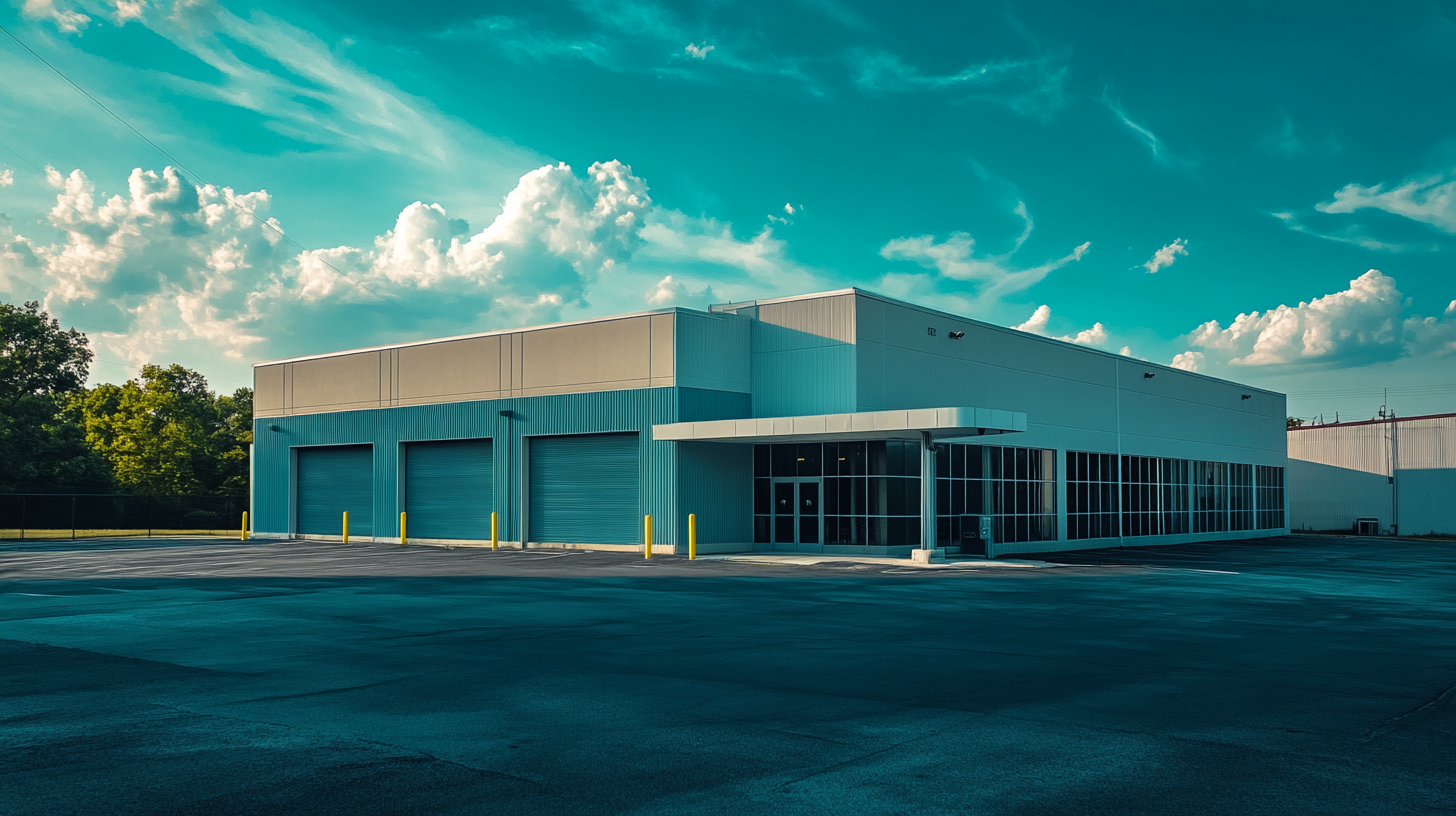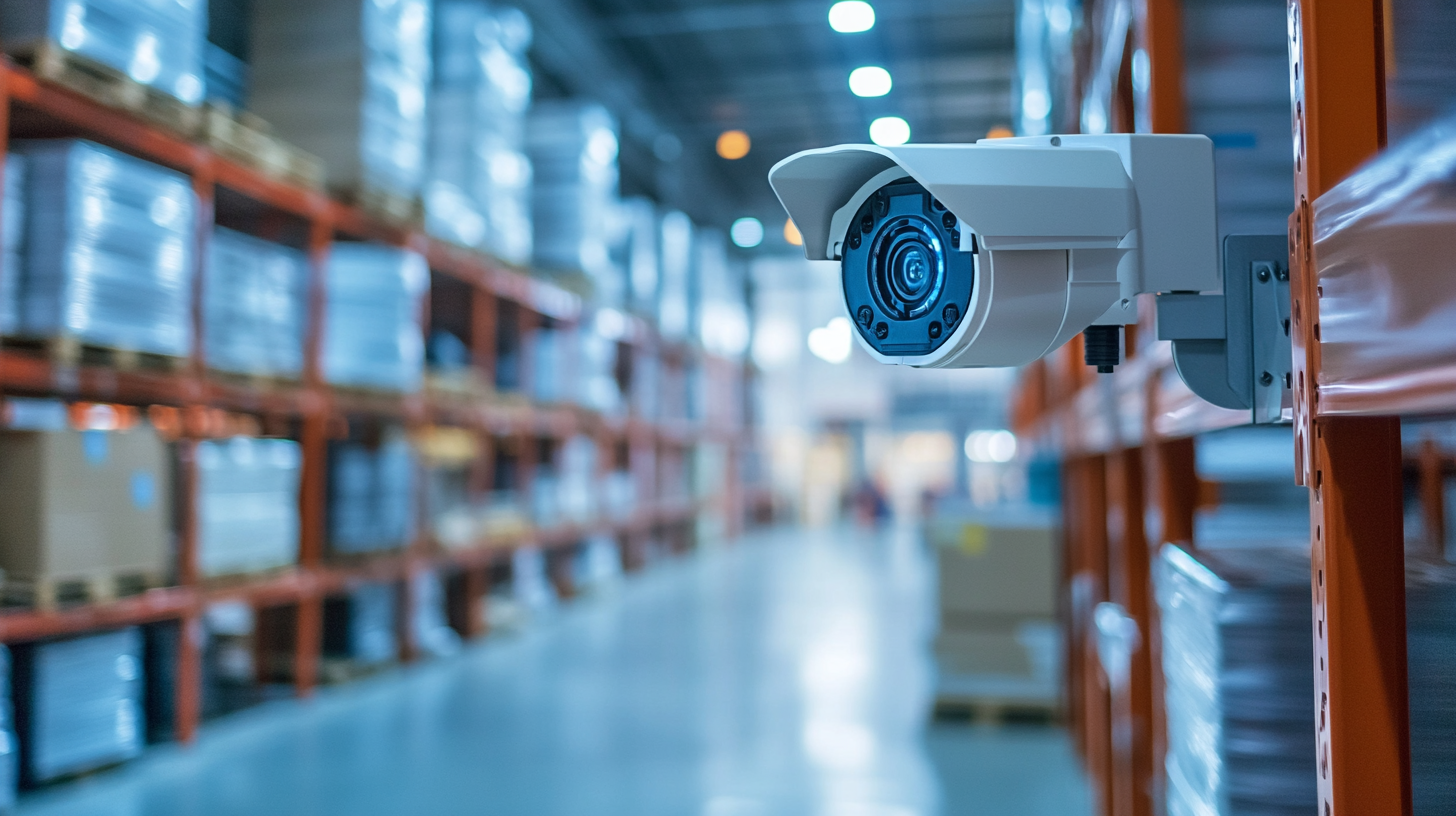Home automation refers to the use of technology to control and manage household systems and appliances. This includes everything from lighting and heating to security systems and entertainment devices. The goal is to provide homeowners with increased convenience, security, and energy efficiency.
The Evolution of Home Automation
Home automation has come a long way from its early days of basic remote controls and simple timers. Initially, only high-end homes could afford such technology, but today, it’s more accessible than ever. The development of wireless technology and the Internet of Things (IoT) has significantly lowered costs, allowing more homeowners to adopt these systems. The widespread use of smartphones and tablets has also made it easier for people to control their home environments with just a few taps.
How Home Automation Works
At its core, home automation involves integrating various devices and systems to function cohesively. This integration is achieved through a central hub or platform that connects all smart devices, allowing them to communicate with each other. Homeowners can control these devices remotely via a smartphone app or through voice commands using smart speakers. The ability to automate tasks based on schedules or triggers, such as time of day or occupancy, further enhances the efficiency and convenience of smart homes.
Benefits of Home Automation
The benefits of home automation are multifaceted, ranging from improved convenience to enhanced safety. One of the primary advantages is the ability to control home systems remotely, providing peace of mind and flexibility. Automation also enhances energy efficiency by optimizing the use of appliances and systems, leading to cost savings. Additionally, smart home technology can improve security through advanced monitoring systems that alert homeowners to potential threats.

Key Features of Smart Home Technology
Smart home technology encompasses a wide range of devices and systems designed to make life easier. These include:
Smart Lighting
Smart lighting systems have revolutionized how we illuminate our homes. These systems can be programmed to adjust based on the time of day, presence of occupants, or even mood settings. For instance, lights can gradually brighten in the morning to simulate a natural sunrise, helping to ease you into the day. Additionally, smart lights offer features like color-changing bulbs and dimming options, all controllable via an app or voice command, enhancing ambiance and energy efficiency.
Thermostats
Smart thermostats have changed the way we manage our home’s climate. They offer the convenience of adjusting temperatures remotely, ensuring optimal comfort while saving energy. These devices learn your routines, adjusting the temperature based on when you’re home or away. Advanced models can even integrate with weather data to make preemptive adjustments, ensuring your home is always at the perfect temperature without unnecessary energy use.
Security Systems
Smart security systems provide a comprehensive approach to home safety. Modern systems include features such as real-time video monitoring, motion detection, and door/window sensors. Homeowners receive instant alerts on their devices in case of any suspicious activity, allowing for immediate action. Some systems even offer facial recognition and integration with emergency services, providing an added layer of protection and peace of mind.
Voice Assistants
Voice assistants like Amazon Alexa, Google Home, and Apple’s Siri have become central to smart home ecosystems. These devices allow users to control various aspects of their home using simple voice commands. Beyond basic tasks like playing music or setting timers, voice assistants can integrate with other smart devices to manage lighting, thermostats, and security systems, offering a hands-free way to interact with your home.
Smart Appliances
The integration of smart technology into household appliances has ushered in a new era of convenience. From refrigerators that can alert you when groceries are running low to ovens that can be preheated remotely, smart appliances enhance everyday tasks. These devices often come with apps that offer recipe suggestions or maintenance alerts, ensuring they operate at peak efficiency while making life easier for homeowners.
The Shift from Luxury to Necessity
Increased Convenience
One of the primary reasons smart homes have become a necessity is the convenience they offer. Imagine being able to control your entire home with just a few taps on your smartphone. Whether you’re at work or on vacation, you can monitor and adjust your home systems, ensuring everything runs smoothly. This level of control means less time worrying about household management and more time focusing on what matters.
Energy Efficiency and Cost Savings
Another significant factor driving the adoption of smart home devices is energy efficiency. Smart thermostats, for example, learn your schedule and adjust temperatures accordingly, reducing energy consumption and lowering utility bills. Similarly, smart lighting systems can turn off lights automatically when a room is unoccupied, further saving energy. Over time, these savings can be substantial, making smart home technology a wise financial investment.
Enhanced Security
Security is a top priority for many homeowners, and smart home technology offers robust solutions. With smart cameras and sensors, you can keep an eye on your property from anywhere in the world. You receive real-time alerts if anything unusual is detected, giving you peace of mind and allowing you to take immediate action if necessary. The ability to remotely control locks and check on your home ensures that your property is secure even when you’re away.
Accessibility and Inclusivity
Smart home technology is also making homes more accessible for individuals with disabilities or the elderly. Features like voice control, automated lighting, and remote monitoring provide enhanced independence for those with mobility challenges. These technologies ensure that everyone can enjoy the comforts and conveniences of modern living, breaking down barriers and promoting inclusivity.
Environmental Impact
As concerns about the environment grow, many are turning to smart home technology to reduce their carbon footprint. By optimizing energy use and minimizing waste, smart homes contribute to a more sustainable lifestyle. The ability to monitor energy consumption in real-time allows homeowners to make informed decisions about their usage, promoting environmentally friendly habits.

Popular Smart Home Devices
As the demand for smart home technology grows, so does the variety of devices available. Here are some popular options:
Smart Speakers and Voice Assistants
Devices like the Amazon Echo and Google Nest are at the forefront of smart home integration. These voice-activated assistants can control various aspects of your home, answer questions, play music, and even help manage your schedule. They serve as the central hub for your smart home ecosystem, allowing seamless integration with other devices and providing a user-friendly interface for managing your home.
Smart Lighting Systems
Smart bulbs and switches are becoming increasingly popular due to their flexibility and ease of use. They allow you to set schedules, change colors, and control lighting remotely, all of which can be managed through an app or voice command. These systems not only enhance convenience but also contribute to energy savings by ensuring lights are only on when needed.
Smart Security Systems
Smart security devices include cameras, doorbells, locks, and motion sensors. These systems provide comprehensive surveillance and security features, ensuring your home is protected around the clock. Advanced features such as facial recognition and automated alerts make it easier than ever to secure your property and keep unwanted visitors at bay.
Smart Thermostats
Devices like the Nest Learning Thermostat and Ecobee SmartThermostat are designed to optimize your home’s heating and cooling. They learn your habits and preferences, ensuring your home is always at the right temperature without wasting energy. With the ability to control these devices remotely, homeowners can adjust settings on the go, maximizing comfort and efficiency.
Smart Appliances
Many household appliances now come with smart features, from refrigerators that notify you when you’re running low on groceries to washing machines that let you start a load remotely. These devices offer unprecedented control and convenience, transforming how we interact with everyday household items. The ability to monitor and manage appliances remotely ensures that they operate efficiently, reducing energy consumption and prolonging their lifespan.
The Future of Smart Homes
The future of smart homes is incredibly promising. As technology continues to evolve, we can expect even more innovative solutions that will further enhance our living environments. Integration with artificial intelligence, increased compatibility among devices, and advancements in machine learning will likely drive the next wave of smart home innovations.
Integration and Compatibility
One of the challenges currently facing smart home technology is the lack of compatibility between different devices and platforms. However, efforts are being made to develop universal standards that will allow seamless integration, making it easier for homeowners to build a fully connected home ecosystem. Companies are increasingly collaborating to ensure that their devices work together, reducing the complexity of managing multiple systems.
Artificial Intelligence and Machine Learning
AI and machine learning are poised to play a significant role in the future of smart homes. These technologies will enable devices to learn and adapt to user preferences, providing even greater personalization and efficiency. For example, your smart home system could anticipate your needs based on your daily routine and adjust settings automatically. This level of intelligence will make homes more responsive and intuitive, enhancing the overall user experience.
Sustainability and Smart Homes
As the world becomes more environmentally conscious, the role of smart homes in promoting sustainability will become increasingly important. Future innovations are likely to focus on further reducing energy consumption and integrating renewable energy sources. By providing homeowners with detailed insights into their energy use, smart home technology can drive more sustainable behaviors and contribute to a greener planet.
Privacy and Security Concerns
While smart homes offer many benefits, they also raise concerns about privacy and security. As more devices become connected, the potential for data breaches and unauthorized access increases. The future of smart homes will likely involve addressing these concerns through enhanced security measures and improved data protection protocols. Ensuring that homeowners’ information remains secure will be crucial to the continued adoption of smart home technology.
Conclusion
In conclusion, smart home technology is no longer a luxury but a necessity for modern living. The convenience, energy efficiency, and enhanced security it offers make it an essential part of our daily lives. As technology continues to advance, the potential for smart homes will only grow, providing even more opportunities to improve our living environments. Embracing this trend now can lead to a more comfortable, efficient, and secure home. With ongoing advancements, the future of smart homes promises to be even more interconnected and intelligent, shaping the way we live for years to come.
Contact Matson Alarm of Tennessee
Ready to enhance your home with smart technology? Contact Matson Alarm of Tennessee today to learn more about our smart home solutions, including security systems, smart lighting, and energy-efficient devices. Our team of experts is here to help you create a connected and secure living environment tailored to your needs. Don’t wait—reach out now to schedule a consultation and take the first step towards a smarter home!



